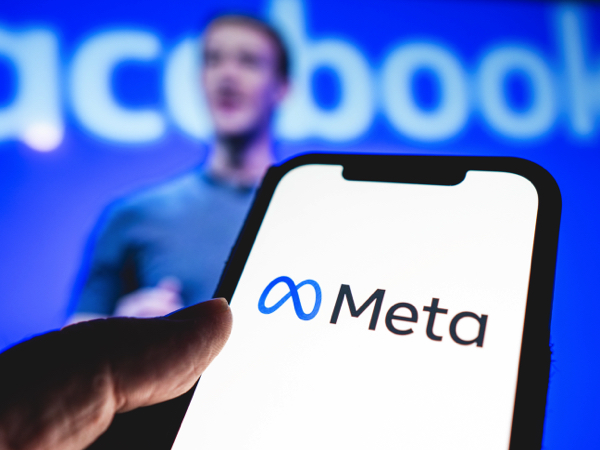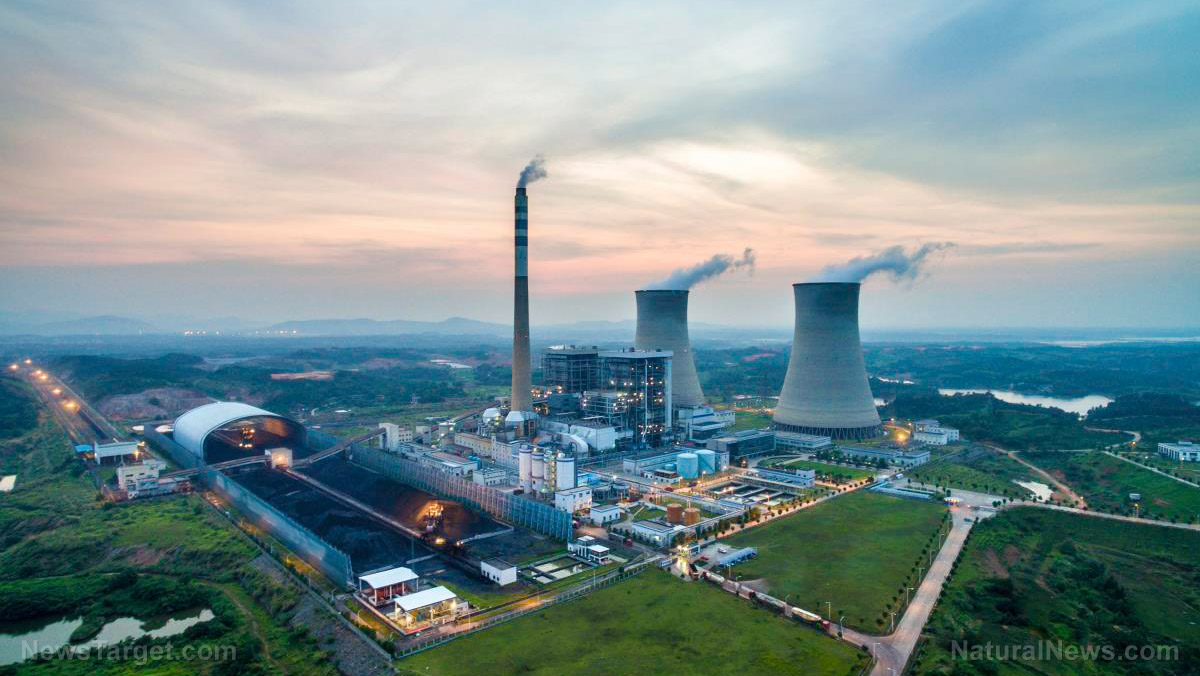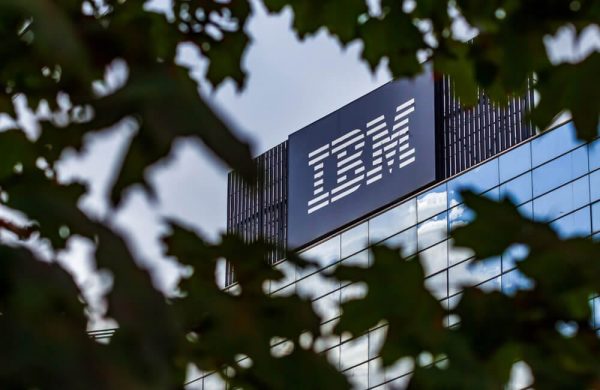 Parler
Parler Gab
Gab
- Meta signs a 20-year agreement with Constellation Energy to expand nuclear power output for AI and data centers.
- The deal revives Illinois’ Clinton Clean Energy Center, preserving 1,100 jobs and generating $13.5M in annual tax revenue.
- Tech giants like Microsoft, Google and Amazon are increasingly turning to nuclear energy to meet AI’s massive power needs.
- The move highlights the tension between AI’s energy demands and corporate climate goals.
- Critics question scalability and grid reliability as nuclear projects face delays and cost overruns.
Reviving a struggling nuclear plant
The Clinton plant, once slated for closure in 2017 due to financial struggles, was saved by Illinois’ Future Energy Jobs Act, which provided zero-emissions credits through mid-2027. Meta’s deal takes effect in June 2027, expanding the plant’s output by 30 megawatts — enough to power a small city — while preserving 1,100 jobs and generating $13.5 million in annual tax revenue. “Securing clean, reliable energy is necessary to continue advancing our AI ambitions,” said Urvi Parekh, Meta’s head of global energy. The company emphasized that nuclear power helps stabilize the grid amid rising energy demands.Big Tech’s nuclear rush: Microsoft revives Three Mile Island amid industry-wide shift
Meta’s move follows similar deals by competitors, as Silicon Valley races to secure low-carbon energy for power-hungry AI data centers:- Microsoft partnered with Constellation Energy last year to reopen Pennsylvania’s infamous Three Mile Island plant by 2028, aiming to supply its AI operations with 24/7 carbon-free power. The site, dormant since its 2019 shutdown, gained notoriety after the 1979 partial meltdown—a crisis that fueled decades of public distrust in nuclear energy.
- Google invested in small modular reactors (SMRs) through Kairos Power, betting on scalable, next-gen designs to bypass traditional nuclear’s cost overruns.
- Amazon backed advanced nuclear projects, including fusion and molten-salt reactors, via its Climate Pledge Fund.
Can nuclear power meet AI’s insatiable appetite?
While nuclear energy offers a carbon-free solution, experts warn that scaling up quickly may be unrealistic. The U.S. has built only two new large reactors in the past 50 years — both massively over budget and behind schedule. George Gross, a University of Illinois engineering professor, cautions that transmission grid investments lag behind demand. “That’s my biggest concern,” he said, noting that grid spending has declined despite surging energy needs.The future of AI and energy
As AI reshapes industries, its energy footprint is drawing scrutiny. Meta’s nuclear deal signals a long-term bet on stable, low-emission power—but whether nuclear can keep pace with tech’s exponential growth remains uncertain. For now, Big Tech’s nuclear pivot underscores a stark reality: the race for AI supremacy is also a race for energy. And as companies jostle for power—both computational and electrical — the stakes for the grid, the climate and the economy have never been higher. In the high-stakes game of AI, energy is the ultimate currency — and nuclear power may be the wild card. Sources for this article include: ClimateDepot.com TheHill.com APNews.comTrump revamps cybersecurity policy: A new era of digital defense
By Belle Carter // Share
Meta acquires $14.8B stake in Scale AI as Zuckerberg pushes for AI supremacy
By Cassie B. // Share
Carbon capture’s flawed foundation: DOE evidence buried in Biden EPA’s climate policy overreach
By Willow Tohi // Share
IBM unveils landmark quantum computing roadmap, targeting 2029 for fault-tolerant breakthrough
By Willow Tohi // Share
NFTs quietly become digital infrastructure backbone as speculative trading drops 24%
By Willow Tohi // Share
Governments continue to obscure COVID-19 vaccine data amid rising concerns over excess deaths
By patricklewis // Share
Tech giant Microsoft backs EXTINCTION with its support of carbon capture programs
By ramontomeydw // Share
Germany to resume arms exports to Israel despite repeated ceasefire violations
By isabelle // Share









